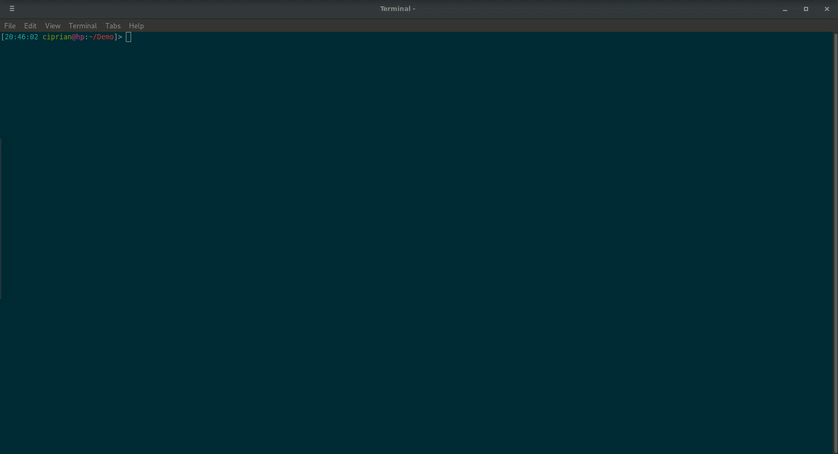Given the fairly complex nature of VoIP, integrating against platforms such as Eqivo is not always straightforward, especially if compared against modern day web services. One has to configure at least a FreeSWITCH instance (for signalling and media handling) and then integrate their backend against Eqivo.
The purpose of this repository is to demonstrate how one can integrate against Eqivo through a set of simple real life inspired scenarios.
This sample project is built around Docker Compose, allowing the reader to understand how various components interact with each other as well to rapidly provide a known working setup.
The running machine is expected to have docker and docker-compose installed and the provided frontend is expected to be accessed via localhost only, to avoid running into problems with TLS and DNS. This is of course not what you want in production yet application orchestration is out of scope as far as this project goes.
The provided configuration is known to work out of the box at least in mainstream Linux distributions.
First, clone (or even fork!) this repository:
git clone https://github.com/rtckit/eqivo-sandbox.git
cd eqivo-sandboxThen pull the necessary Docker images:
docker-compose -p sandbox -f etc/docker-compose.yaml pullThen fire up your Docker Compose cluster!
docker-compose -p sandbox -f etc/docker-compose.yaml upOnce the cluster is up, navigate to http://localhost:8081/ and follow the displayed directions.
You can implement your own scenarios or edit the provided ones.
The backend and frontend are configured to use a local volume mount so you can modify their respective source code files and your changes will be immediately available. To an extent, that's the case for the FreeSWITCH configuration though you will be expected to issue a reloadxml command and perhaps reload affected modules.
The provided configuration is not meant to be the basis for a production application, instead the emphasis is solely on how to integrate against Eqivo. Chances are you will integrate Eqivo against an existing backend or framework and all known best practice must be exercised here too. Deliberately left out of the sample but critical in production are proper user input sanitation, URL and XML encoding just to name a few.
CC0, see LICENSE file.
- Bootstrap - Used by the frontend
- JsSIP - SIP over WebSockets library used by the demo web phone (to simulate PSTN interactions)
- FreePD - Public domain audio tracks used as music-on-hold
- coinbase - API service used by a simple Bitcoin price scenario
- Watson - Used to generate voice prompts used by the provided scenarios
- FreeSWITCH - Handles the real time communications aspects, particularly signalling and media processing
- Eqivo - Eqivo itself!
